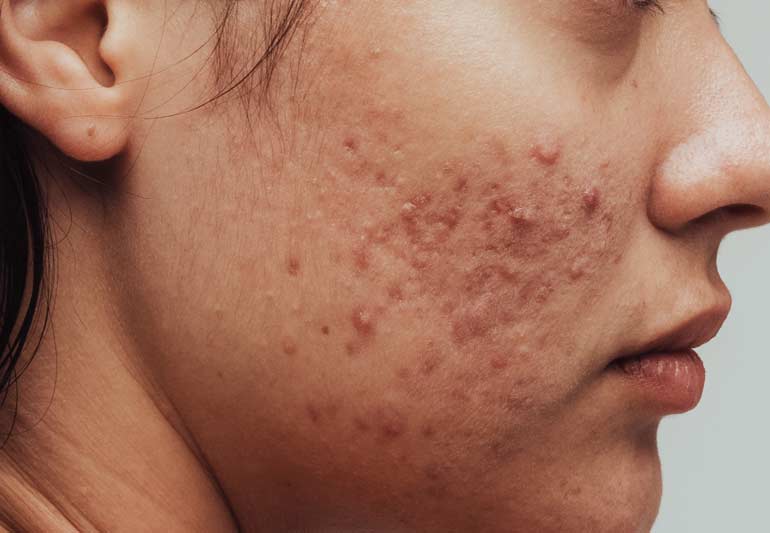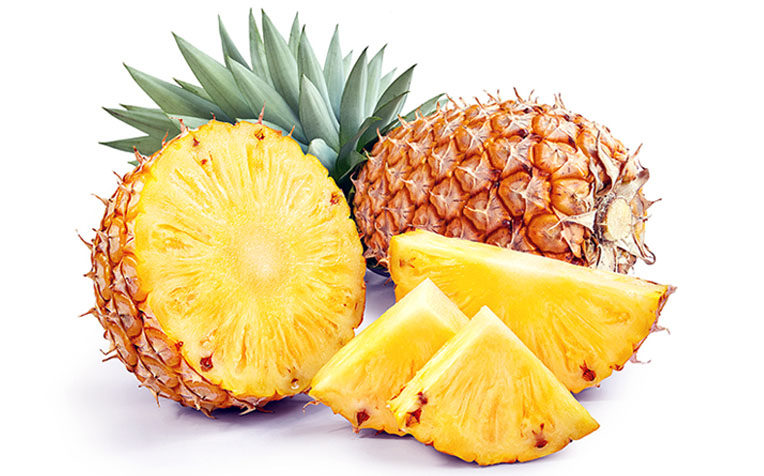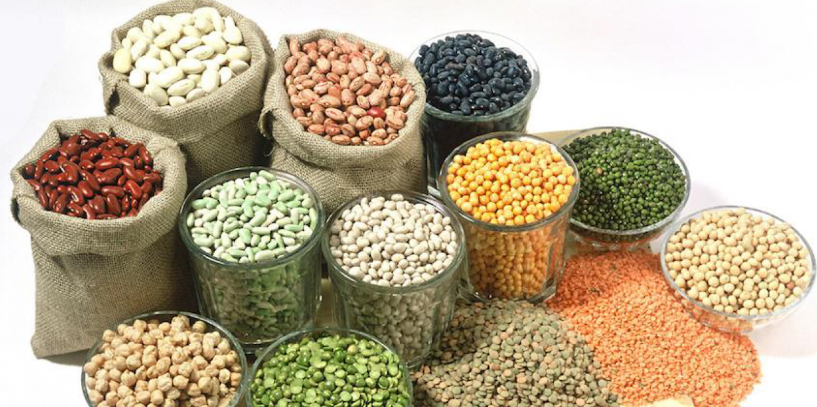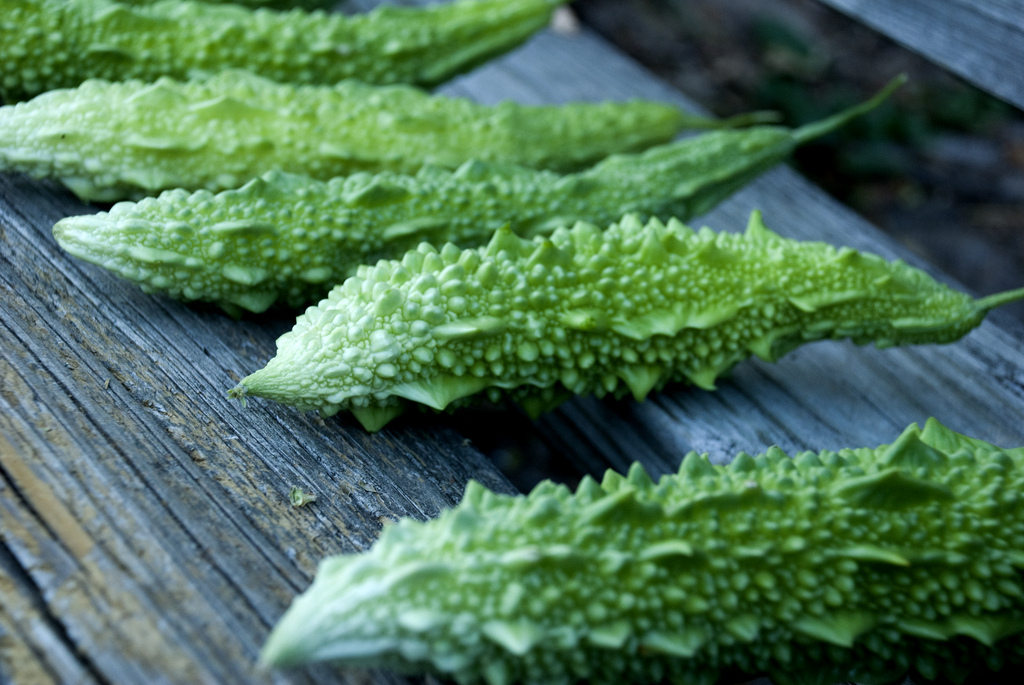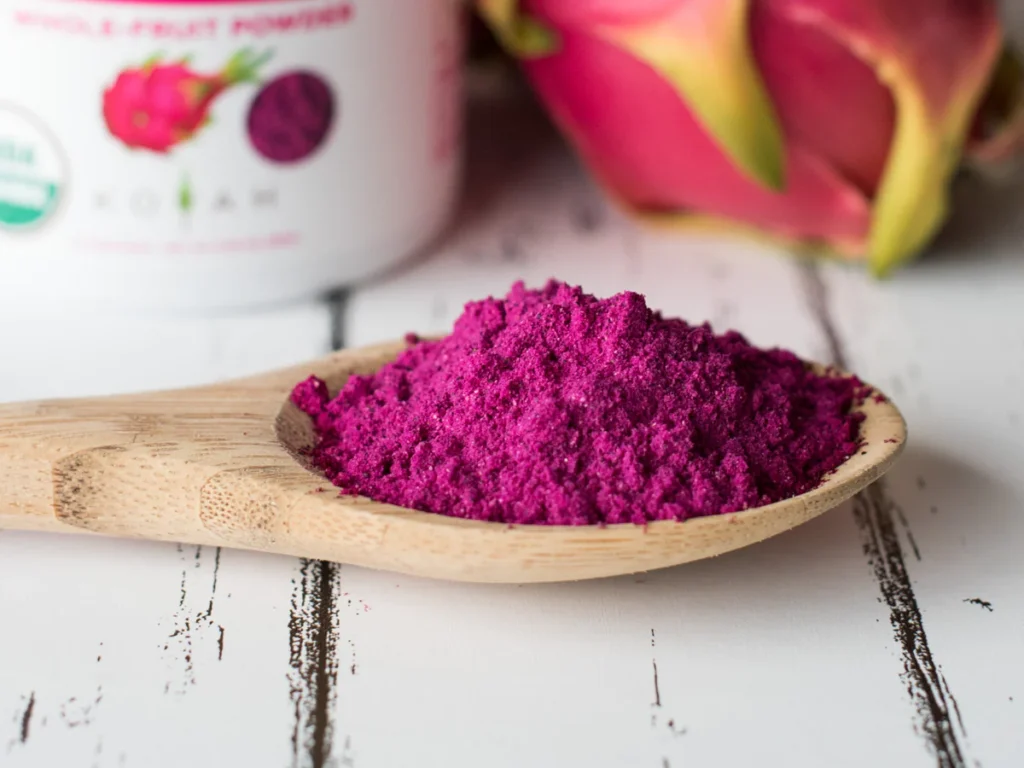Cucumbers might seem like just a crunchy addition to salads and a topping for sandwiches, but this humble veggie is actually loaded with health benefits for men.
They are full of water and nutrients that help keep men’s heart healthy, skin fresh, and bodies protected from diseases.
Eating cucumbers can help men avoid health issues like heart problems, some types of cancer, diabetes, and even thinking problems as they get older. Plus, they have stuff in them that helps fight off swelling in the body and keep skin, hair, and nails looking great.
Table of Contents
- 1. Excellent for Hydration
- 2. Keeps Your Digestive System Happy
- 3. Great for Your Heart
- 4. Balances Blood Sugar
- 5. Keeps Inflammation in Check
- 6. Fights Oxidative Stress
- 7. Keeps the Prostate in Good Shape
- 8. Helps to Keep Cancer Away
- 9. Keeps the Brain Healthy
- 10. Makes Bones Stronger
- 11. Gives Nutrients for Sexual Health
- 12. Keeps Skin Looking Young
- 13. Helps Hair Grow
- 14. Helps with Weight Loss
- 15. Stops Kidney Stones
- Conclusion
1. Excellent for Hydration
Cucumbers are about 96% water, making them super for keeping you hydrated. They can rehydrate you even better because they have important stuff like potassium, magnesium, and calcium in them.
Drinking enough water is key for important things like digesting food, moving blood around your body, thinking clearly, controlling body temperature, and getting rid of waste.
If you don’t drink enough water, you might feel tired, find it hard to focus, get kidney stones, suffer from infections in your urinary system, get backed up, and have headaches.
Snacking on cucumbers or drinking cucumber water is a fun way for men to drink more fluids. Choosing cucumber water over sweet, syrupy drinks can help guys stay slim, too.
2. Keeps Your Digestive System Happy
Cucumbers are full of fiber and water, which makes them great for your digestive health. The soluble fiber in cucumbers turns into a gooey substance that helps food glide easily through your gut.
There’s also insoluble fiber in cucumbers. This type helps make sure you don’t get constipated by bulking up your poop. Eating enough fiber also means fewer chances of getting painful digestive issues like diverticulitis and hemorrhoids.
Special substances in cucumbers can fire up your digestion by making your stomach produce digestive juices. Eating cucumbers might even ease tummy troubles from time to time.
Chomping on some cucumber slices also makes more saliva in your mouth, helping start the digestion process even before food hits your stomach.
3. Great for Your Heart
In the US, heart disease is the biggest reason why men die early. Cucumbers come with a bunch of nutrients and antioxidants that keep the heart healthy.
- Potassium helps to lower blood pressure, which is hard on your heart and blood vessels.
- Magnesium stops muscle cramps, chest pain, and funky heartbeats. Plus, it can bring down blood pressure.
- Fiber sticks to cholesterol in your intestines, so it doesn’t get into your blood.
- Polyphenols calm inflammation and stop the bad kind of cholesterol from turning harmful. They might even help clean out your arteries.
- Cucurbitacins are special things that fight swelling and might stop your heart muscle from getting too big.
- Vitamin K helps your blood to clot properly, so you don’t bleed too much.
Putting more cucumbers in your meals means you’ll get more of these awesome nutrients for a strong and healthy heart.
4. Balances Blood Sugar
Cucumbers don’t mess with your blood sugar much because they have a low glycemic index. This is good news for keeping diabetes under control or keeping it at bay.
Their high water level helps you feel full, stopping you from overeating and causing blood sugar spikes. Plus, being well-hydrated can help lower your blood sugar by diluting the sugar in your blood a bit.
Cucumbers have polyphenols that slow down how fast your body absorbs starch, which keeps blood sugar more stable, especially after you eat something starchy. These polyphenols also help your body use insulin better, which controls blood sugar.
The fiber in cucumbers slows down how fast your body absorbs carbs, which also makes less work for insulin. So, men who eat more cucumbers can better handle their blood sugar levels and reduce their risk of diabetes.
5. Keeps Inflammation in Check
A lot of different diseases come from constant, low-key swelling in the body. Eating cucumbers can help fight this off because of the anti-inflammatory stuff they contain.
Things like cucurbitacins and flavonoids in cucumbers are really good at reducing swelling. They can stop the body from releasing chemicals that cause inflammation.
Cucumbers also have vitamin K, potassium, and magnesium. These nutrients help control inflammation pathways and limit certain chemicals that cause swelling.
By eating more cucumbers, men can use these nutrients to fight diseases that come from too much inflammation.
6. Fights Oxidative Stress
When there are too many unstable molecules called free radicals in your body, and not enough antioxidants to keep them in check, it can speed up aging and help diseases develop. This is called oxidative stress.
Cucumbers are packed with antioxidants such as flavonoids, tannins, and vitamin C that fight against these free radicals and oxidative stress.
Flavonoids make the antioxidant action in your cells stronger and keep the bad type of cholesterol from becoming harmful. Tannins and vitamin C destroy free radicals before they can damage your body.
Regularly munching on cucumbers helps boost your body’s defenses against oxidative stress, which can lead to problems like faster aging, heart issues, cancer, and brain troubles.
7. Keeps the Prostate in Good Shape
Prostate cancer is a common problem for men in America. Eating cucumbers might help lower the risk because of their anti-inflammatory and antioxidant benefits.
Long-term inflammation and oxidative stress are big factors in getting prostate cancer. The special substances in cucumbers like cucurbitacins can fight these cancer-causing processes.
Cucumbers have special ingredients that fight swelling. This is good for the tubes in your body that carry pee because it stops them from getting blocked. Having clear tubes means less chance of holding pee in by mistake and getting infections.
Experts think that eating more cucumbers might help older guys with prostate problems, but they need to study this more to be sure.
8. Helps to Keep Cancer Away
Cucumbers might do more than just help with prostate cancer, they could stop other kinds too. They have things in them that stall cancer cells from growing and moving around.
In experiments, these cucumber parts slowed down nasty cells in cancers like breast, ovary, and pancreas.
They also have Vitamin K, beta-carotene, and plant compounds that stop bad changes in our DNA and kill cancer cells.
The fiber in cucumbers grabs onto bad stuff and moves it quickly through the gut. This means your body doesn’t hold on to things that can cause cancer, cutting down the chance for bowel cancer.
While there’s more to learn, eating cucumbers, which are full of antioxidants and have less swelling, seems like a smart idea to avoid cancer.
9. Keeps the Brain Healthy
As men get older, sometimes their brains don’t work as well, and they might get sick with things like Alzheimer’s. Cucumbers have nutrients that could keep the brain safe.
There’s a special helpful plant compound in cucumbers called fisetin that takes care of nerves in the brain and lowers swelling.
Cucumbers also have this other anti-swelling stuff that helps to keep the brain from losing its shape and power.
Vitamin K could be really good for the brain too. In animals, it makes them smarter and protects the nerves in their brain.
If you eat more cucumbers, you get all these brain-helping goodies, which is great for keeping your brain working well as you age.
10. Makes Bones Stronger
Cucumbers are also good for your bones. They have silica which helps your body use calcium to make bones stronger.
There’s also Vitamin K2 which helps bones use other vitamins like D and C to stop them from weakening and breaking.
Other helpers like magnesium and potassium keep calcium in your body by making sure you don’t pee it all out.
Eating cucumbers, which have all these bone-friendly nutrients, can help guys keep their bones tough as they get older.
11. Gives Nutrients for Sexual Health
For good sexual health, guys need different nutrients that help the heart, blood vessels, and hormones. Cucumbers have several of these nutrients that keep your sex drive and performance up.
They have Vitamins C and E, which are important for making hormones that play a part in sexual desire and reactions.
Folate is needed for creating stuff that makes sure everything works right during sexy times.
Magnesium helps blood vessels open up and keeps sex-related enzymes and hormones balanced.
Potassium is key for muscles, nerves, and blood flow when getting aroused and during sex.
Eating fresh cucumbers gives you these important nutrients for keeping your sex life healthy.
12. Keeps Skin Looking Young
As men get older, their skin can start to show signs of age like wrinkles. Cucumbers can help fight these signs by hydrating the skin and protecting it with antioxidants.
The water in cucumbers makes your skin look fresh and young. And placing cucumber slices on your eyes can reduce puffiness.
Vitamins like C and a plant acid called caffeic acid work together to stop the skin from breaking down.
Putting cucumber juice on your skin can also help reduce wrinkles and calm the skin.
By eating more cucumbers, men can keep their skin looking good and youthful.
13. Helps Hair Grow
A lot of guys worry about their hair getting thin or falling out as they age. Cucumbers could help with this by giving the scalp and hair the nutrients they need.
Silica in cucumbers makes hair strong and shiny. Vitamins like A, C, and E wake up the hair roots and improve blood flow for better growth.
Since cucumbers are mostly water, they also keep the scalp moist which is important for hair growth.
Some studies in animals suggest that cucumber juice can make hair grow faster. We don’t know for sure if this works in people but the nutrients are still helpful for healthy hair.
14. Helps with Weight Loss
Cucumbers have low calories and are super crunchy, which makes them a great snack for weight loss. They fill you up because they have a lot of water.
If you eat cucumbers before a meal, you might not eat as much later. So you’ll get fewer calories without feeling hungry.
Sometimes, the natural chemicals in cucumbers can slow down the cells that make you grow fat. We know this because of animal tests, but we need to check it with people.
There is still more to learn about cucumbers for weight loss, but because they don’t have many calories and help you stay hydrated, they’re a good choice if you’re watching your weight.
15. Stops Kidney Stones
About 1 out of 11 guys will get kidney stones at some time. Drinking lots of fluids is the best way to stop this, and cucumbers are full of water so they’re a great option.
Kidney stones can be prevented because potassium in cucumbers stops calcium from turning into crystals in your pee. Magnesium does a similar job to keep the kidneys relaxed.
Some early studies show that cucumber juice might even break down kidney stones. So, they are likely to help twice – by keeping you hydrated and by fighting the stones.
If you get stones a lot, having a few cucumbers every day can be a really good idea because they clean the kidneys and stop stones from forming.
Conclusion
Cucumbers are simple, but they pack a big healthy punch. They bring a lot of good stuff to the table in a package that isn’t heavy on calories but is full of water.
They have special powers like reducing swelling, fighting off damage, and keeping you hydrated which help with all kinds of illnesses from cancer to kidney stones. Cucumbers also look after important things like heart health, gut health, how well you think, and even your sex life.
It’s easy to add cucumbers to your diet – eat them as a snack, put them in salads, or put them on sandwiches. You can even add cucumber slices to water for a tasty twist.
Keep cucumbers around for a good health boost. Just 15 minutes of snacking on them each day can bring a lot of benefits over time.
